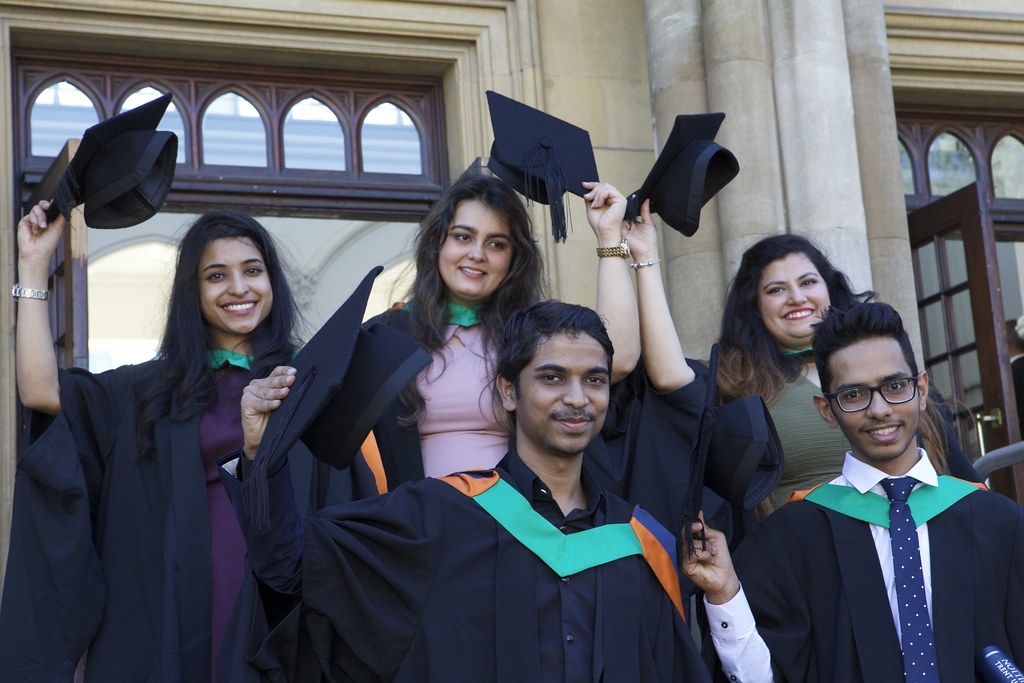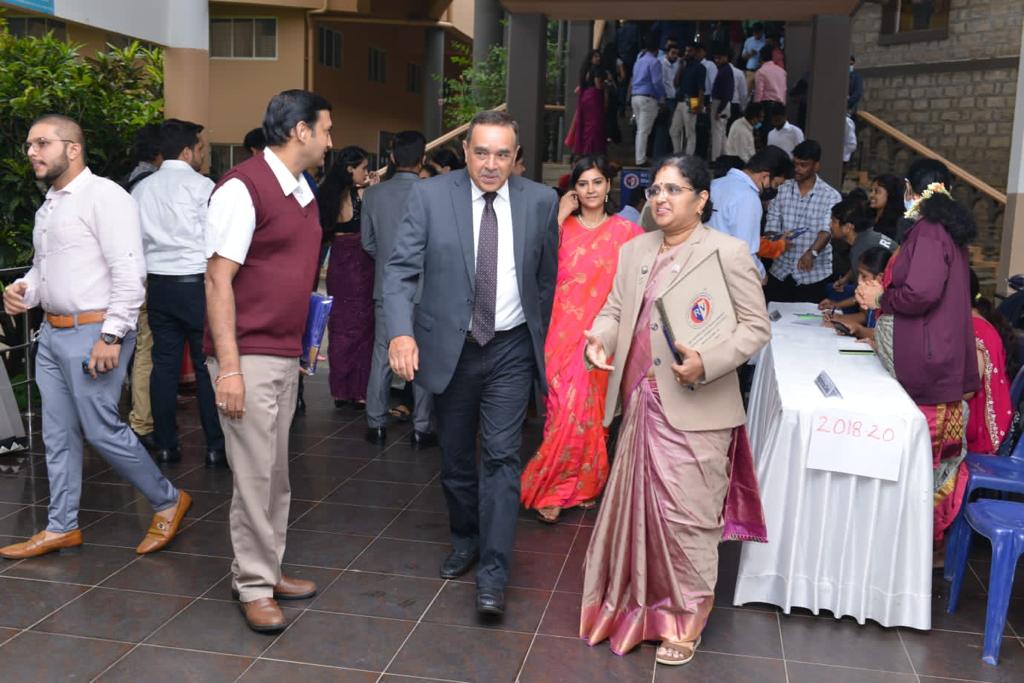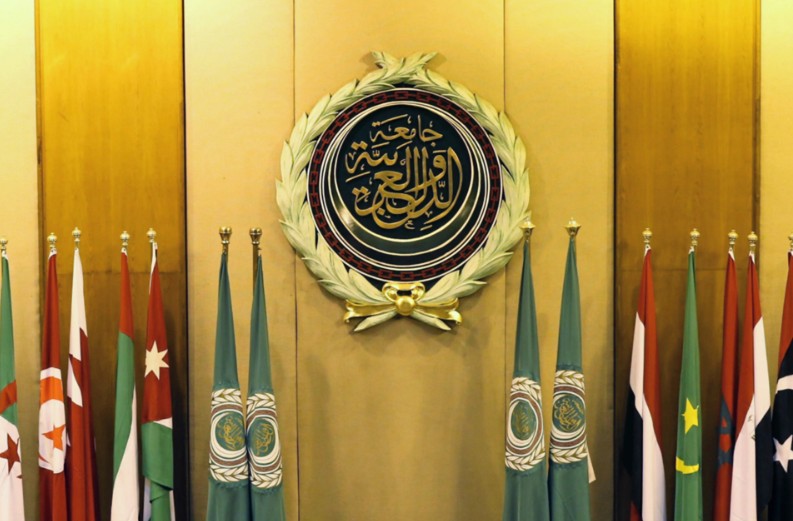Echoing this sentiment, Professor Esameldin Agamy, Chancellor of UoS, emphasised the value of academic partnerships in nurturing innovation across the UAE’s education sector
The American University of Sharjah (AUS) hosted the concluding day of the Sharjah International Conference on Education: AI and Beyond (SICE 2025), bringing together experts, educators and industry leaders to explore the transformative role of artificial intelligence in academia. The event, held under the patronage of His Highness Sheikh Dr. Sultan bin Mohammed Al Qasimi, Supreme Council Member and Ruler of Sharjah, marked the second and final day of the conference, jointly organised by AUS and the University of Sharjah (UoS).
Following the opening day at UoS, the AUS campus welcomed Sheikha Bodour bint Sultan Al Qasimi, President of AUS, who delivered the opening address, setting the tone for a day focused on AI integration in higher education and workforce readiness.
“We have a shared responsibility as educators and innovators to adapt to artificial intelligence and to thoughtfully shape its integration in ways that uplift our students – and society,” said Sheikha Bodour, underscoring the critical role of collaboration in guiding technological transformation.
Echoing this sentiment, Professor Esameldin Agamy, Chancellor of UoS, emphasised the value of academic partnerships in nurturing innovation across the UAE’s education sector. AUS Chancellor Dr. Tod Laursen also highlighted the conference’s timely relevance, noting that “SICE 2025 served as a timely platform to engage with how AI is redefining the role and responsibilities of higher education institutions.”
Day two of the conference featured two keynote presentations and a high-level panel discussion titled “Bridging the AI Skills Gap: Higher Education’s Role in Shaping the Future Workforce.” Panelists included representatives from New York University Abu Dhabi, Mohamed bin Zayed University of Artificial Intelligence, the American University in Cairo, and Amazon Web Services. Moderated by Dr. Fadi Aloul, Dean of the AUS College of Engineering, the session addressed how universities can equip students with essential AI-related competencies while preserving academic depth and contextual relevance.
Throughout the day, more than 30 peer-reviewed papers were presented across six thematic tracks, delving into a wide array of subjects—AI in engineering and design education, gamification and blended learning, multilingual instruction, legal writing, personalised learning models, and faculty development. These sessions reflected the breadth of AI’s impact on pedagogy, assessment, and institutional planning.
A vibrant poster session held in the AUS Main Building Rotunda gave faculty and student researchers an opportunity to showcase practical applications of AI in education. Topics included AI-generated content, classroom technology integration, learning analytics, and digital collaboration tools. Attendees engaged with visual displays that reflected both technical sophistication and pedagogical relevance.
Reflecting on the conference’s scope, Dr. James Griffin, Vice Provost for Undergraduate Affairs and Instruction at AUS, said, “The technical depth of the conference was especially impactful. These insights offer a practical roadmap for how universities can approach AI adoption with academic rigor and innovation.”
As the conference concluded, it reinforced the shared commitment of AUS and UoS to lead dialogue and research on AI’s role in shaping the future of education—ensuring that technological advancement remains anchored in academic excellence and societal benefit.














